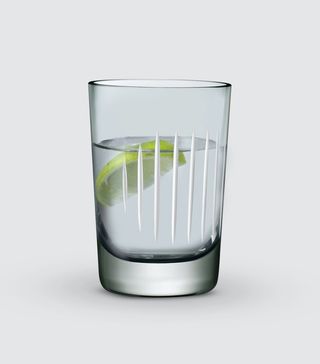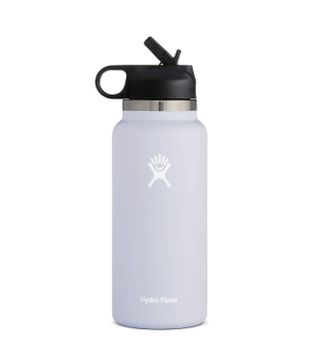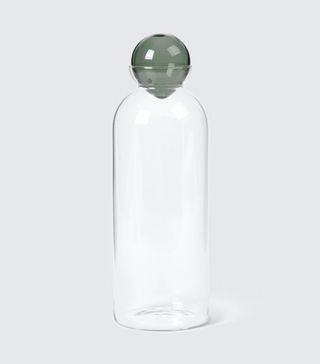The One (Free) Thing a Nutritionist Does to Boost Her Digestion


It's a universal truth that drinking enough water is one of the easiest things you can do for your health: Staying properly hydrated ensures all our body's systems are running smoothly, keeps the metabolism humming, and diminishes bloat. Plus, it's free—always a bonus.
So forgive us for making something that's theoretically very simple a bit more complicated. It turns out there's some nuance to the way we drink water, especially if you're hoping to optimize your digestion—and it's way nitty-grittier than choosing between filtered or tap. Did you know that the mere temperature of the water you drink can actually make all the difference?
Cold water slows down digestion and impedes hydration.

For those who live for icy H2O, we apologize in advance: We're about to drop some harsh truths. Nutritionist and New York Times best-selling author Kimberly Snyder tells us that cold water simply isn't ideal. For starters, it isn't the most hydrating option. "Your body has to spend energy to bring cold water to an absorbable temperature, which results in water loss," she explains. "Cold water may cause the blood vessels around your stomach to shrink, slowing hydration."
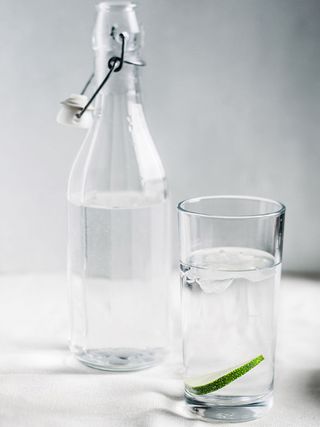
Beyond that, it could actually make your digestion way more sluggish than it needs to be—and even cause your body to hold onto fat. "The temperature of water can drastically affect our digestion," says Snyder. "When you drink cold beverages, they tend to solidify the fats from the foods we eat as they pass through our systems. This makes those fats much more difficult to digest, and it makes it difficult to remove unwanted fats from the body." Cold water, she adds, also shrinks your blood vessels and restricts your digestion.
On the other hand, warm or room-temperature water aids digestion.

"For pure hydration, there's nothing better than room-temperature water," says Snyder. Interestingly enough, prioritizing warm beverages is a key component of both Ayurveda and traditional Chinese medicine (or TCM)—it's believed to promote health and balance in many respects. From a more Western POV, scientists are relatively split: Some research suggests that in forcing the body to expend energy to warm itself up, drinking cold water can negatively impact exercise performance and delay hydration. On the flip side, others argue that this impact is minimal and that the best temperature for hydration is whichever will inspire you to drink more water.

But it's a little more clear-cut when it comes to digestion—studies show that extreme temperatures really do have an impact on our body's ability to metabolize food. "Room-temperature water and warm herbal teas keep fats as liquids, easing digestion and helping to move them through our bodies," says Snyder.
In the end, if you're staying hydrated, you're already doing something right—but these nuances are fascinating to consider nonetheless.
Hydration Essentials
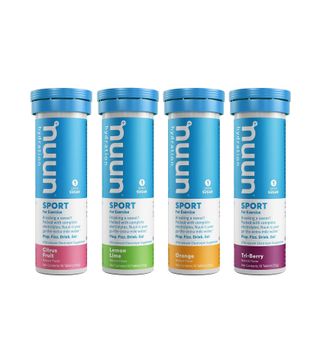
Drop one of these electrolyte tablets in your water during or after your next workout.
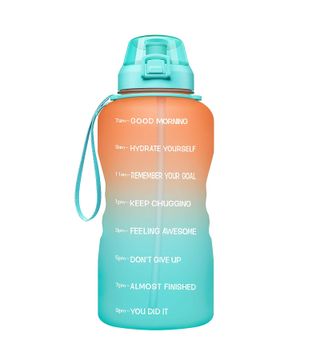
If you need a little bit more motivation to drink enough water throughout the day this water bottle will keep you on track.
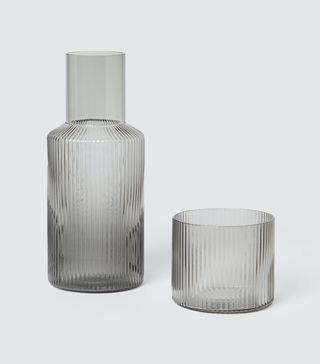
Place this chic carafe and glass set on your work desk for a stylish decor look that will remind you to stay hydrated.
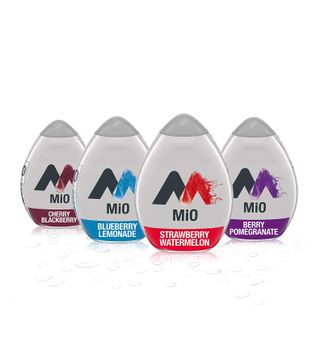
Add a little flavoring and extra vitamins and minerals to your water with these.
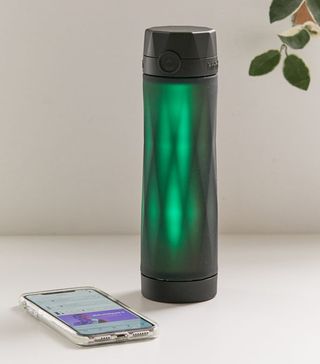
This water bottle is Bluetooth-enabled and syncs to an app that will track your water intake and remind you to hydrate.
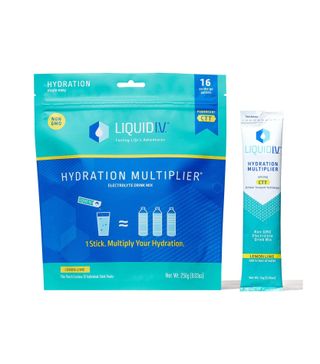
One pack of this electrolyte drink mix has 11 essential vitamins and minerals.
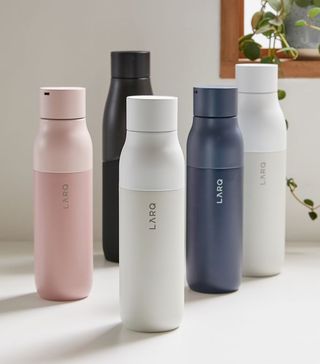
It's easy to forget to wash your water bottle regularly. With this find you don't have to worry about it too much—it has UV-C LED sanitizing lights.
Next up: From Sleep to Digestion: How to Use Tea to Solve (Almost) Everything
This article was originally published at an earlier date and has since been updated.
Disclaimer
This article is provided for informational purposes only and is not intended to be used in the place of advice of your physician or other medical professionals. You should always consult with your doctor or healthcare provider first with any health-related questions.
